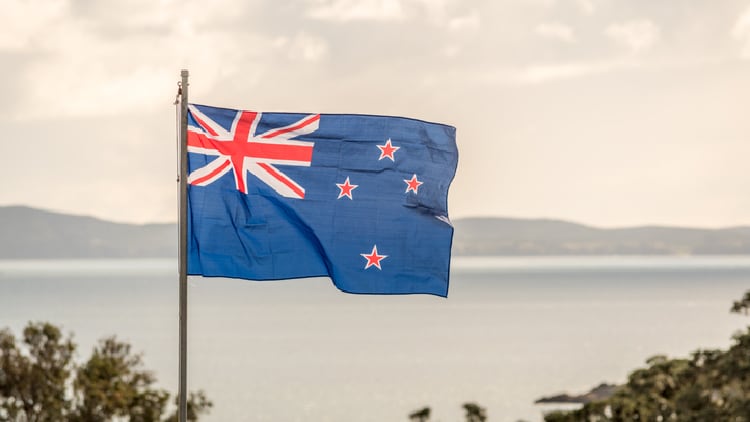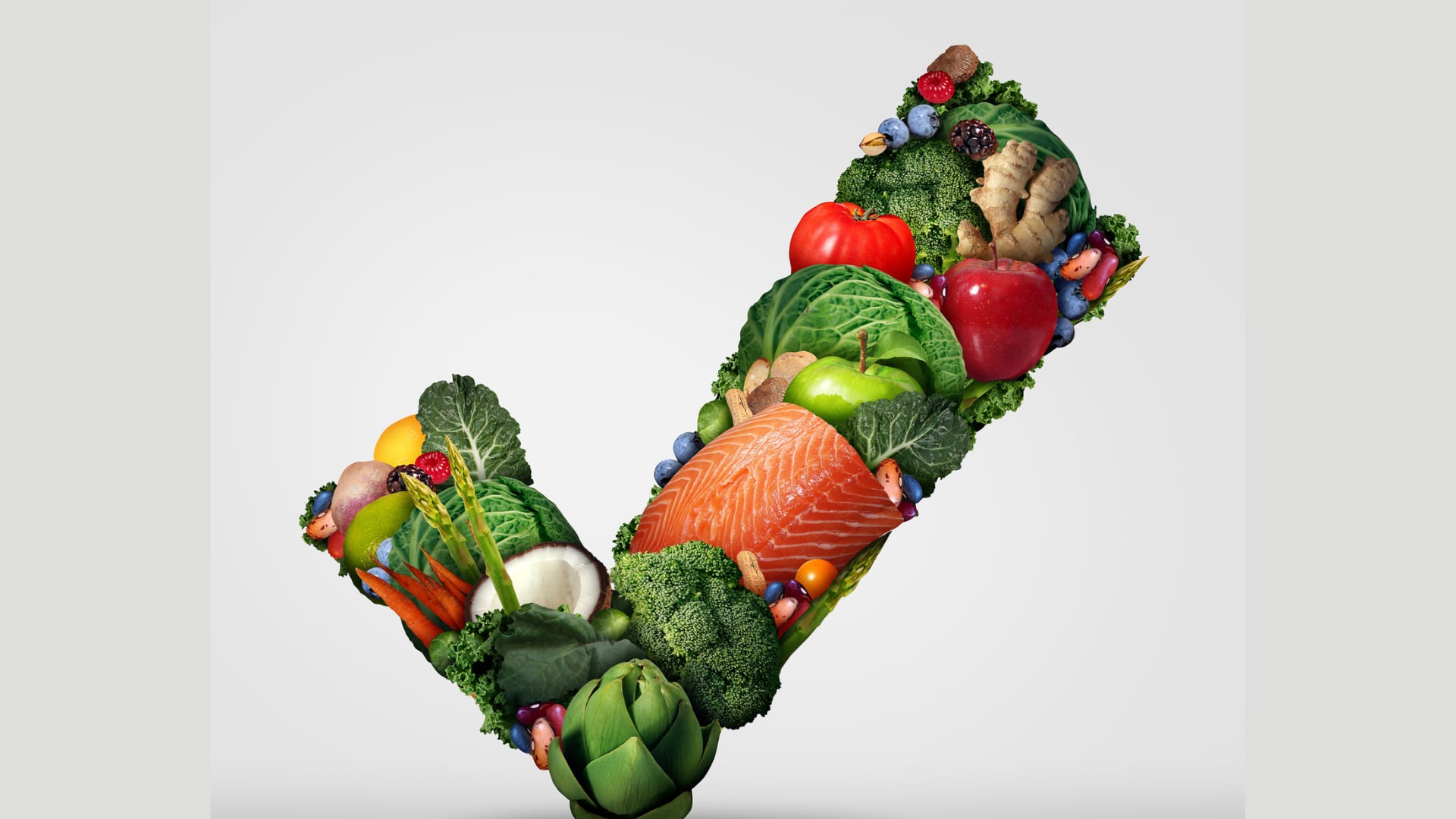The above is according to Samantha Gray, government affairs director at industry body Natural Health Products NZ (NHPNZ).
While the exemption policies have loosened labelling and composition requirements for dietary supplement exports, they still do not address the elephant in the room - which is allowing dietary supplements to make therapeutic claims, Gray pointed out.
Under the existing Dietary Supplements Regulations 1985, natural health products made in New Zealand, including dietary and health supplements, are not allowed to make therapeutic claims.
Dietary supplements can only make therapeutic claims if they were permitted by the Medicines Act 1981, according to the Dietary Supplements Regulations 1985.
The policy applies even if the products are bound for export.
“For dietary supplements, the benefits are very limited with these new exemption regulations. These regulations were designed predominantly to deal with export exemptions for general foods,” Gray said.
For years, the New Zealand natural health products industry has urged the government to update its natural health products regulations, and to allow health claims.
Being able to make health claims could help boost exports. Industry body Natural Health Products NZ (NHPNZ) believes a more favorable regulatory regime could double the country’s exports worth $650m within five years.
“Health claims are the major consumer purchasing driver for dietary supplements.
“There needs to be a next piece of work done, so that New Zealand exports can make health claims permitted in other countries, because at the moment we can’t do that,” she added.
What are the exemptions about?
The New Zealand government last week announced exemption policies for food and dietary supplement exports.
Called the “section 345 exemptions”, this would allow products to be made to the importing country’s composition and labelling.
In the past, companies will need to apply for special exemptions from New Zealand rules, even if their products meant for export met the requirements of the importing country.
With the labeling exemptions, the phrase “dietary supplement” need not be printed on the main panel of the products’ label, Gray said.
This would be conducive for exports as health supplements can only be termed as “food supplements” in the European Union and UK markets.
“The word ‘dietary supplements’ isn’t the right term to use in the EU and UK, so the exemption policy clears up instances where there’s a difference in the naming of the product and allows exports to comply with international regulations,” she said.
Exports can also be exempted from New Zealand’s packaging font, font size, and layout requirements.
Botanicals not exempted
Apart from labeling, the government also announced composition exemptions, but this do not apply to non-dairy products such as vitamin, minerals, and botanical-based health supplements.
Examples of “composition” include the microbiological content, microbiological quality, purity, quality, quantity, strength, or weight, of the food itself.
The composition exemptions only apply to dietary supplements that are animal-origin and have been processed or packaged for export under a risk management program.
This means that only animal origin supplements like fish oil and bovine collagen are exempted from composition requirements.
Non-animal supplements like vitamin, minerals, and botanical-based health supplements will still need to adhere to New Zealand’s composition requirements, such as those stated in section 383, and section 405 under Food Act 2014.
Gray therefore said that the composition exemptions remained limited for dietary supplements.
Food Safety Minister Andrew Hoggard, on the other hand, said that composition exemptions for products like dairy would help cut paperwork and compliance costs.
“Previously, exemptions had to be applied for product by product – an onerous process that drove up costs, created delays, and sometimes meant missed opportunities.
“The dairy sector, for example, has pointed out that composition requirements for dairy products vary significantly between countries, as their citizens often have different diets and get their nutrition in different ways.
“The new rules cut paperwork and compliance costs, give exporters more certainty, and allow them to manage their own compliance with overseas markets,” he said.
What’s next for dietary supplements regulations
Nonetheless, the dietary supplements sector can look forward to new regulations designed to cut red tape, according to Hoggard.
“This is just the start. I’ve asked officials to prioritize additional work on dietary supplements, and we are working on extending the new approach to all foods.
“This staged rollout balances cutting red tape with maintaining food safety and consumer trust,” he said.
Gray welcomed the minister’s comment and said that NHPNZ would be looking to assist when needed.
“We’re very encouraged that the government is prioritizing dietary supplements as the next piece of work.
“The exemptions that were made last week are certainly an excellent step forward for food exporters, but it just needs to take a step further to fix things for dietary supplements.
“It’s certainly encouraging that the government is very export-oriented and focused on our sector.”





